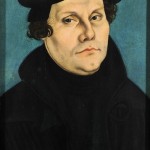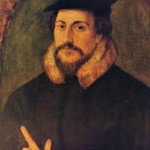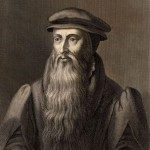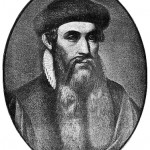The Reformation
What was the Reformation?
The Reformation was a period of religious protest & division in the centuries, characterised by new Christian Churches splitting from the Roman Catholic Church. The most significant reformers in Europe during this time were:
- Martin Luther
- Jean Calvin
- John Knox
- Martin Luther
- Jean Calvin
- John Knox
Why did the Reformation happen?
there were many financial, spiritual & personal corruptions within the Church at this time. The most important of these abuses were:
- Sale of Indulgences: the offer of absolution (forgiveness) in return for a monetary contribution towards the Church.
- Simony: the sale of religious positions
- Nepotism: Promoting family members & relatives to powerful positions within the Church
- Pluralism: Occupying more than one position in the Church
- Absenteeism: Being absent from your position for regular periods
What factors helped influence the spread of new reformist (Protestant) religions in Europe at this time?
The Printing Press:
- Johannes Gutenberg
- Printing Press (Circa. 1440)
The invention of the printing press by Johannes Gutenberg, between 1440 and 1450, radically changed the vailability of manuscripts (copies) to more and more people. More importantly, many hand-written works, some of criticism and humanist philosophy, became more and more available. As a consequence, critical thought began to spread throughout Europe. Martin Luther’s 95 Theses was one of these publications.
The Renaissance:
The Renaissance itself was not just a revolution of painting and sculpture. It was also a revolution in science and political & religious thought. As a result, the advances of the Renaissance encouraged others to be more creative, more intuitive and rely less on traditional thinking and authority. This in itself, helped to provoke more independent analysis of authority throughout Europe.





